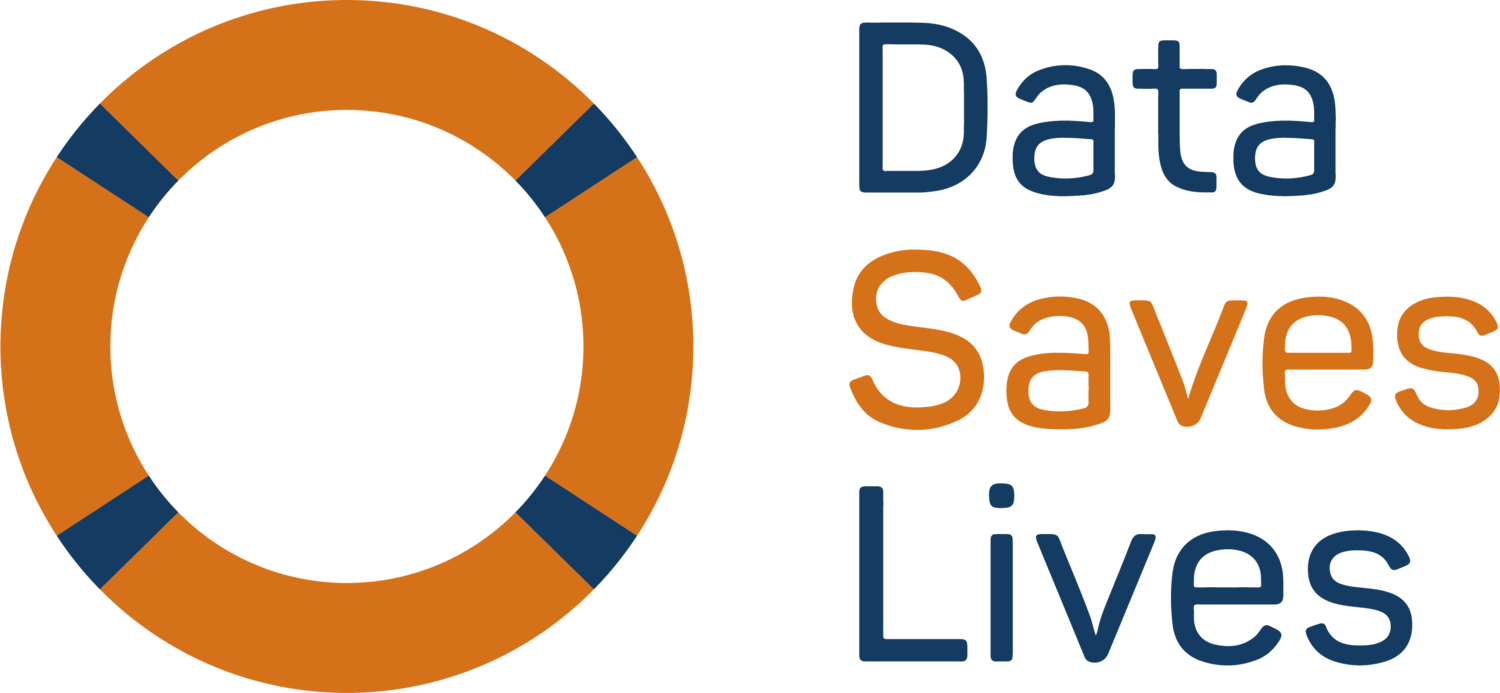In October 2022, we hosted our very first Data Saves Lives Ambassador Training Bootcamp in Prague, Czech Republic. The purpose was to equip regional and national level organisations with practical tools and tips on how to advocate for and have informed dialogue around health data sharing. This blog gives an insight into the hot topics that were discussed as well as a summary of the key insights.
A cross-hemisphere quest in the name of health data
How can we support the patient data journey throughout the healthcare system to build public trust?
Making patient registries work for patients – accessing data to drive better outcomes
As experience and research continues to develop, we see that the ability to access data affects not only the patient’s ability to look after themselves, but also their relationships with their clinical team and with their own illnesses and comorbidities. A shift to being empowered begins at the point of diagnosis, with a collaborative and interactive relationship between patients and healthcare professionals, which empowers patients to take on responsibility for their condition with the appropriate clinical support.
Patient driven insights are the key to unlocking the future of m-health development
Looking to design a health app? Companies are becoming increasingly aware of the importance of involving patients in the development process of new applications. Read on as a member of the - Gravitate-Health UAG shares experiences of using digital health tools, including thoughts on what aspects work well and not so well from a patient’s perspective.
Mind the Gap: The importance of measuring inequalities in healthcare
The benefits of a Personal Health Record [PHR]
What happened this year? And what is next?
This year was really full with news and resources about health data sharing. The European Health Data Space became more and more focused and discussed. Additionally, patients and citizens started to become more interested in health data sharing. Nevertheless, it became clear again that there is a significant need for more information and education around the topic too.
Can you walk in my shoes? – decision makers and their influence on patient lives
Often when we buy new shoes, we have to learn to walk in them – a process that is long and sometimes, uncomfortable. If you hadn’t walked in my shoes, you wouldn’t know what they truly felt like. The reason I use this shoe analogy is because it’s a phrase often used by people living with chronic conditions: “You can’t walk in my shoes!”
Involving the public across the spectrum of health data usage
I recently co-led a virtual workshop for patients and the public about future opportunities and factors that influence acceptance of the European Health Data Space (EHDS). The EHDS is a new initiative of the European Commission for a portal of health data resources across Europe. The initiative is still in an open consultation phase. The EHDS aims to accelerate research which uses health data, and to enable individuals to have access to their own health records across borders.
What happens when your health data lives in a different country to you? Exploring the contradictions of cross-border care
How Data and Other Technologies Are Revolutionising Healthcare: An Overview
Independent Patient Advocates N=1 or N=many?
How can Artificial Intelligence (AI) help us prepare for the next pandemic?
Understanding the power of the ‘quantified self’: how does citizen-generated health data compare to that collected by clinicians?
Are the statistics from COVID-19 vaccine trials understood?
Results from COVID-19 vaccine trials have been widely reported in the media. As a clinical trial statistician, I was interested to find out what members of the public thought about the results that were reported, and whether the numbers presented in the media on vaccine effectiveness had been fully understood.
What do we mean by data altruism? Exploring how patients can ‘donate’ their data for societal benefit
Throughout the world, access to the health data of past generations has driven innovation within the healthcare industry. Just as we have benefitted from the knowledge of those who came before us, we too can assist in creating a better world for future generations, through engaging in data altruism – the concept of choosing to donate our health data for wider societal benefit.
Building citizen trust in the digital society
From this work, we could conclude that technology is not considered as the main barrier to data sharing. As one of the experts in our last event concluded, technology will always find its way if a culture of trust is settled first. Indeed, TRUST is seen as the cornerstone of this equation – it is, however, a complex concept and it needs to be fully explored and discussed if we wish to find the right actions to enhance it.
Bringing health data back to people
Despite Security Threats, Data Continues to Save Lives
Last week, any fears we had about our personal health data being safe were intensified when the records of tens of thousands of psychotherapy patients in Finland were stolen. As if this wasn’t enough to increase our anxiety, these confidential records were used to blackmail over 40,000 patients.
So, after this, should I still be sharing my data?
by Nicola Davies
